

This Bring Your Own Device (BYOD) policy defines the appropriate use and procedures for using personally owned computing devices on the University network and the storage of intellectual property, sensitive data or University licensed software.
This policy applies to University staff, faculty, visiting faculty, students, contractors, volunteers, guests or agents of the administration, and external individuals and organizations that utilize the network and/or computing resources provided by the University for University related activities with a personally owned device such as:
Additionally, this policy applies to all requests to service faculty or staff personal computer equipment.
The Office of Information Technology does not provide support for devices not owned by the University.
The Chief Information Officer must approve exceptions to this policy.
The Information Technology Department will not install university-owned software on personal devices unless the software license allows installation on personal devices.
All devices connected to the University network are required to adhere to the University’s Acceptable Use Policy. Devices must be current on all software updates and security software. Users are also required to follow the Digital Millennium Copyright Act (DMCA). Information Technology may, without notification, prevent or ban any personally owned device which disrupts any University computing resource or is used in a manner that violates any University policy.
Those who use personally owned computing devices on the university network or for university business purposes accept the following risks, liabilities, and disclaimers:
Doesn’t make sense with the above “The Technology Support Center does not provide support for faculty or staff equipment that is not owned by the University. “
The process of transforming information using an algorithm to make it unreadable to anyone except those possessing special knowledge; often referred to as a key or password.
Any classified information that can be used to identify you or another person that must be protected and is inaccessible to outside parties unless specifically granted permission.
Examples include, but are not limited to: social security numbers, medical records, bank account numbers, credit card numbers, University administrative computer data (employee records, student records, electronic documents that contain confidential information), Tracks account passwords, PAWSpins, and research data.
Participants are responsible for protecting any and all sensitive data for which user has access. When working with restrictive or sensitive data, especially data that contains PII or PHI, it is the responsibility of everyone who can access the data to keep files within secure storage at all times.
Violators of this policy will be subject to disciplinary action based on the severity of the offense and impact to the university, up to and including termination of employment. All participants who are found to have violated this policy may be subject to the loss of network and computing access.

150 W. University Blvd.
Melbourne, FL 32901